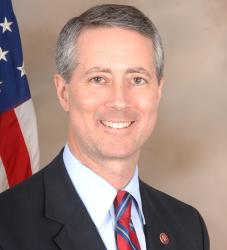

8:00 am EDT - 9:00 am EDT
Past Event
8:00 am - 9:00 am EDT
1775 Massachusetts Avenue NW
Washington, DC
20036
While the 2016 National Defense Authorization Act (NDAA) was passed by Congress earlier this month, President Barack Obama is critical of the legislation and promises to veto it. The NDAA would fund procurement, research, operations, maintenance, personnel and pay, along with other important defense matters. The Act also includes important reforms on acquisition policy and the military pension system. However, the Obama administration opposes the bill’s additional $38 billion in Overseas Contingency Operations funding as a means of bypassing Budget Control Act caps.
On October 20, the Center for 21st Century Security and Intelligence at Brookings hosted a discussion on the National Defense Authorization Act and the possible presidential veto. Senator John McCain (R-Ariz.), Chairman of the Senate Armed Services Committee, and Representative Mac Thornberry (R-Texas), Chairman of the House Armed Services Committee, spoke on the issue. Bruce Jones, vice president and director of the Foreign Policy program at Brookings, provided the introductory remarks, and Brookings Senior Fellow Michael O’Hanlon, author of “The Future of Land Warfare,” moderated the discussion.




Jacob Larson, James S. Denford, Gregory S. Dawson, Kevin C. Desouza
March 26, 2024

Sarah Kreps, Richard Li
February 1, 2022
2022
Online Only
11:00 am - 12:15 pm EST